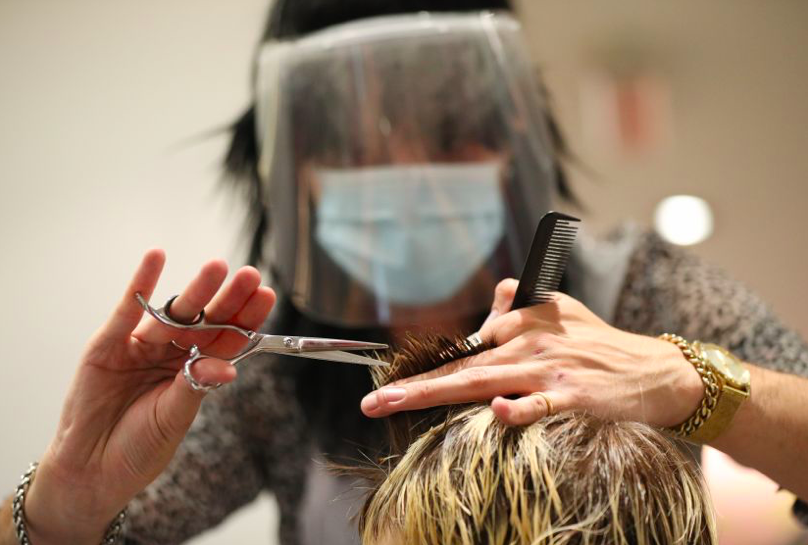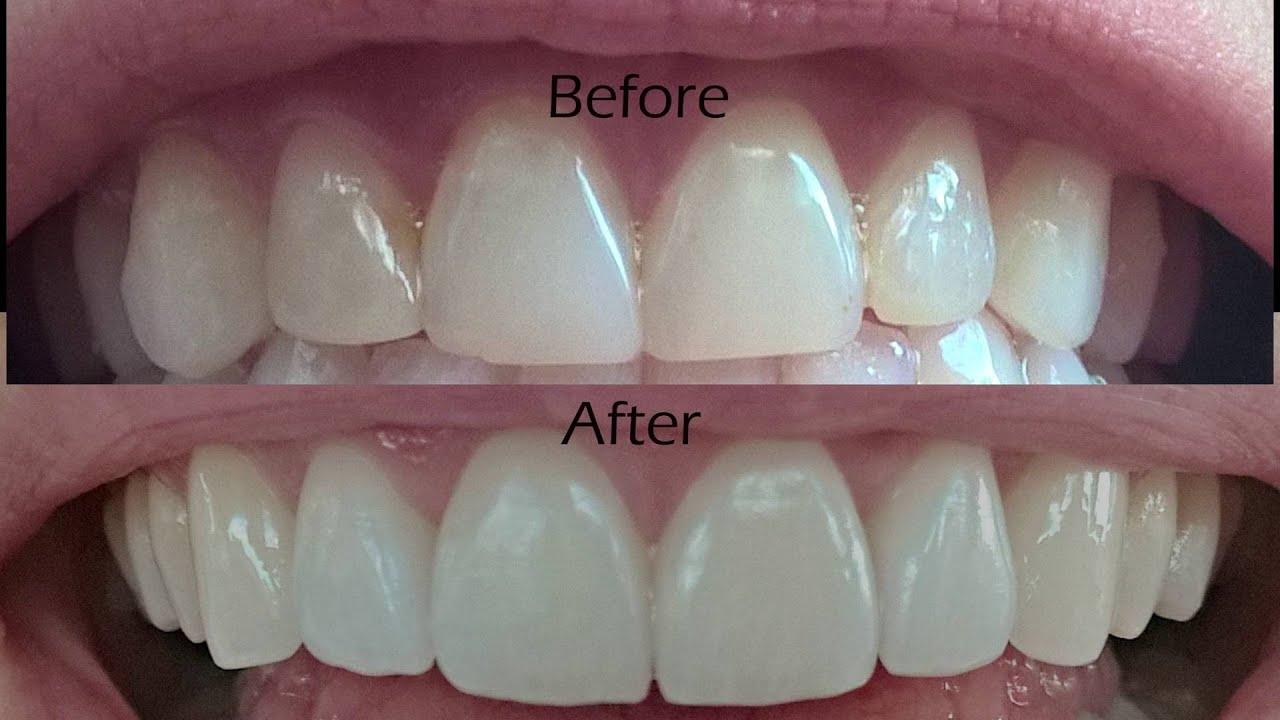Your dental health journey starts with those routine visits that seem simple but are crucial for spotting potential issues early on. You know the importance of regular cleanings and check-ups, but what happens when preventive care isn’t enough? As you navigate common problems like cavities and gum disease, you might find yourself facing tougher decisions. Understanding when surgical solutions become necessary can feel daunting, but it’s essential for maintaining your oral health. What factors should you consider before taking that next step?
Importance of Routine Visits
Routine dental visits are your key to maintaining optimal oral health. By scheduling these appointments regularly, you give your dentist the chance to spot potential issues before they escalate. Early detection of cavities, gum disease, or other oral health problems can save you from more invasive treatments down the line.
During these visits, your dentist will perform comprehensive check-ups and cleanings, removing plaque and tartar that you might miss during your daily brushing and flossing. They’ll also assess your overall oral health, making recommendations tailored to your needs. This proactive approach not only helps keep your teeth and gums healthy but also enhances your smile and boosts your confidence.
Moreover, routine visits serve as an opportunity for you to discuss any concerns or changes in your oral health. Your dentist can provide valuable advice on best practices for maintaining your oral hygiene at home.
Remember, it’s not just about fixing problems; it’s about preventing them from occurring in the first place. By prioritizing these visits, you’re investing in your long-term health and well-being.
Understanding Preventive Care
Preventive care in dentistry is all about staying ahead of potential problems before they arise. By focusing on regular check-ups and good oral hygiene, you can significantly reduce the risk of cavities, gum disease, and other dental issues. This proactive approach not only saves you time and money but also helps maintain your overall health.
One of the key components of preventive care is routine dental cleanings, which help remove plaque and tartar buildup that regular brushing might miss. During your visits, your dentist can also identify early signs of problems, allowing for timely intervention.
Additionally, using fluoride treatments and dental sealants can further shield your teeth from decay.
You should also pay attention to your daily habits. Brushing twice a day, flossing daily, and using mouthwash can make a big difference in your dental health.
Eating a balanced diet and limiting sugary snacks and drinks will also contribute to healthier teeth and gums.
Recognizing Common Dental Issues
Many people overlook common dental issues until they become serious. It’s essential to recognize these problems early to maintain your dental health. Here are four common dental issues you should watch out for:
- Cavities: These form when plaque builds up on your teeth, leading to decay. If you notice sensitivity or a hole in your tooth, it might be time to get it checked.
- Gum Disease: Symptoms like red, swollen gums or bleeding while brushing can indicate gum disease. If ignored, it can lead to tooth loss.
- Tooth Sensitivity: Experiencing pain when consuming hot or cold foods? This could be due to enamel erosion or gum recession, both of which need attention.
- Bad Breath: While occasional bad breath is normal, persistent foul odor can signal underlying issues like plaque buildup or gum disease.
Being proactive about these issues can save you time, discomfort, and money in the long run.
Regular check-ups and being aware of these signs will ensure your dental journey stays on the right track.
Don’t wait until it’s too late!
When to Consider Surgical Solutions
Sometimes, despite your best efforts to maintain dental health, issues arise that require more than just regular check-ups or fillings. If you find yourself facing persistent pain, significant decay, or advanced periodontal disease, it might be time to consider surgical solutions.
You should also think about surgery if you have impacted teeth, such as wisdom teeth that can lead to infections or crowding. Additionally, if you’ve experienced tooth loss due to trauma or decay, options like dental implants or bone grafts can restore both function and aesthetics.
Another indicator is if your dental problems have been resistant to other treatments. If root canals and other conservative measures fail, surgical intervention may be necessary to alleviate pain and prevent further complications.
Don’t forget about jaw issues, either. If you experience chronic jaw pain or misalignment, surgical options like orthognathic surgery could help correct these problems.
Ultimately, discussing your symptoms with your dentist will guide you toward the right solution. They’ll evaluate your situation and help you decide if surgery is the best path for your dental health journey.
Maintaining Long-Term Oral Health
Maintaining long-term oral health is crucial for a vibrant smile and overall well-being. By adopting good habits now, you can prevent future dental issues and enhance your quality of life.
Here are four essential practices to keep your mouth healthy:
- Brush Twice a Day: Use fluoride toothpaste and a soft-bristled toothbrush. Spend at least two minutes brushing, ensuring you cover all surfaces of your teeth.
- Floss Daily: Flossing removes plaque and food particles from between your teeth where a toothbrush can’t reach. Make it a non-negotiable part of your routine.
- Regular Dental Check-ups: Schedule visits to your Composite Bonding Sutton Coldfield every six months for cleanings and check-ups. Catching problems early can save you time and money.
- Limit Sugary Foods and Drinks: Reducing your intake of sugary snacks and beverages can significantly decrease your risk of cavities. Opt for healthier snacks like fruits and nuts.
Conclusion
In your dental health journey, prioritizing routine visits and preventive care is crucial for a bright, healthy smile. By staying proactive and recognizing common dental issues early, you can often avoid more invasive treatments down the line. If surgery becomes necessary, remember it’s just one part of your overall care. Keep focusing on maintaining your oral health with good habits, and you’ll set yourself up for lasting success and confidence in your smile.





